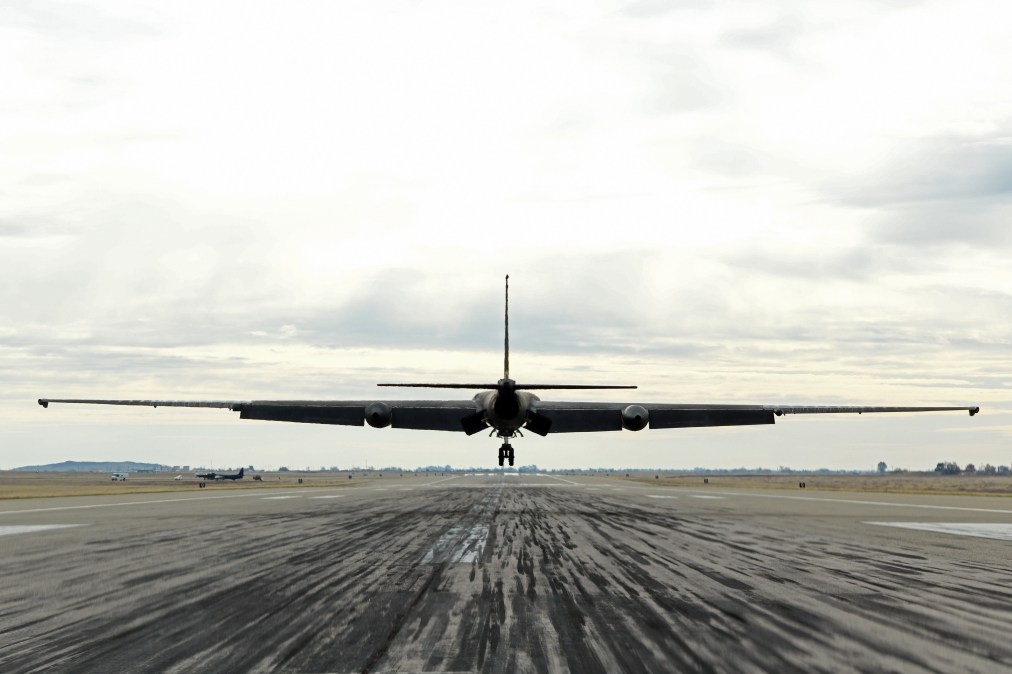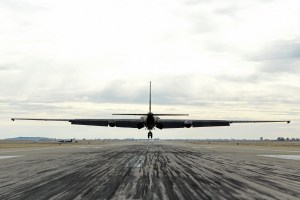Air Force flies surveillance simulation with AI copilot for the first time

An artificial intelligence system flew onboard a U.S. Air Force military aircraft as a fully fledged crew member for the first time this week, helping a human pilot fly a reconnaissance mission during a simulated missile strike.
The algorithm, known as ARTUµ, acted as a sidekick to a pilot identified as Maj. “Vudu” on a U-2 Dragon Lady aircraft from the 9th Reconnaissance Wing at Beale Air Force Base in Yuba County, California. Shortly after takeoff, ARTUµ took control of sensor employment and tactical navigation, searching for enemy launchers while the pilot scanned the skies for threatening aircraft. It’s a skill the algorithm learned after a “half-million computer simulated training iterations,” according to a statement from the service.
The flight was the culmination of the Air Force’s “three-year journey to becoming a digital force,” according to Dr. Will Roper, the assistant secretary of the Air Force for acquisition, technology and logistics. Part of that journey has been Project Maven, the service’s at-times-controversial push to use AI technology to scan drone footage.
“Putting AI safely in command of a U.S. military system for the first time ushers in a new age of human-machine teaming and algorithmic competition,” he said. “Failing to realize AI’s full potential will mean ceding decision advantage to our adversaries.”
During the flight, ARTUµ was pitted against another dynamic computer algorithm, which predicts a scenario where adversaries employ AI technology in warfighting. The Air Force has been preparing for that development for some time, establishing an AI accelerator in partnership with the Massachusetts Institute of Technology in 2019 and expanding its Advanced Battle Management System (ABMS) portfolio to support futuristic warfighting efforts.
This most recent maneuver is yet another push to “accelerate change” in the field, according to Air Force Chief of Staff Gen. Charles Brown, Jr.
“We know that in order to fight and win in a future conflict with a peer adversary, we must have a decisive digital advantage,” Brown said. “AI will play a critical role in achieving that edge, so I’m incredibly proud of what the team accomplished.”






